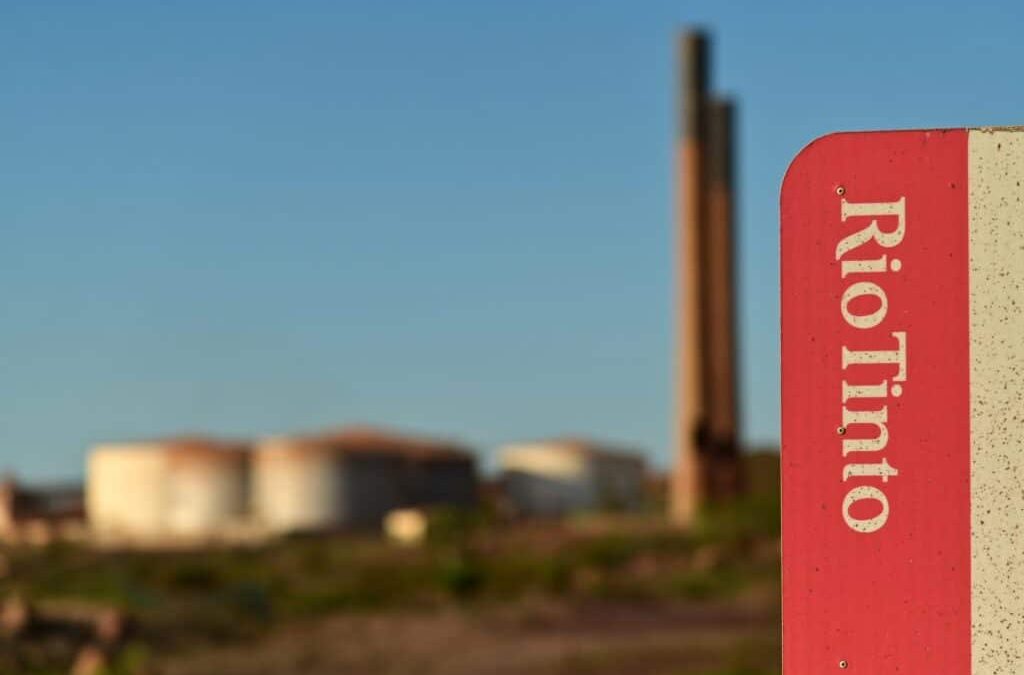Rio Tinto has fully transitioned its Kennecott copper mine in Utah to renewable diesel, positioning it among the lowest-carbon copper producers in the US.
This shift replaces conventional diesel across Kennecott’s entire fleet of 97 haul trucks and heavy machinery, spanning operations at the mine, concentrator, smelter, refinery and tailings facilities.
The switch is set to cut the mine’s Scope 1 emissions by 450,000 tonnes – equivalent to removing 107,000 cars from the road annually.
“The transition to renewable diesel is a significant step toward our decarbonisation goals at Kennecott where we have now reduced emissions by 80 per cent, thanks to a range of initiatives in recent years,” Rio Tinto copper chief operating officer Clayton Walker said.
“We remain committed to being responsible stewards of the environment and are always looking to find better ways to provide the materials the world needs for the energy transition.”
Beyond reducing carbon emissions, the use of renewable diesel at Kennecott is also expected to decrease PM2.5 tailpipe emissions by 40 per cent, translating to an annual reduction comparable to 2.3 billion miles of light vehicle travel.
HF Sinclair, in partnership with Kennecott, will supply the renewable diesel, dedicating two 18,000-barrel tanks for the mine’s needs.
“We’re proud to support Rio Tinto’s sustainability journey with a low-carbon fuel produced at our facilities,” HF Sinclair executive vice president commercial Steven Ledbetter said.
“We’re excited to see Kennecott move from trial to full implementation and what this could mean for other industries with evolving energy needs.”
The renewable diesel used at Kennecott is a blend of 90 per cent soybean oil, along with animal fat and used cooking oil.
Combined with Rio Tinto’s Boron mine in California, which also recently transitioned to renewable diesel, the move marks a substantial step toward the company’s target of reducing Scope 1 and 2 emissions by 50 per cent by 2030.



